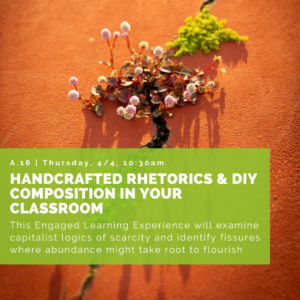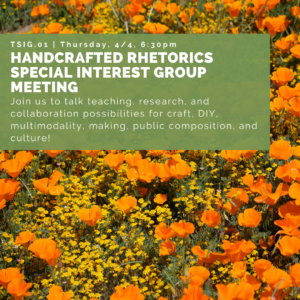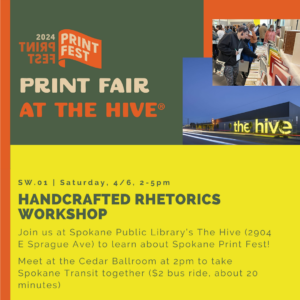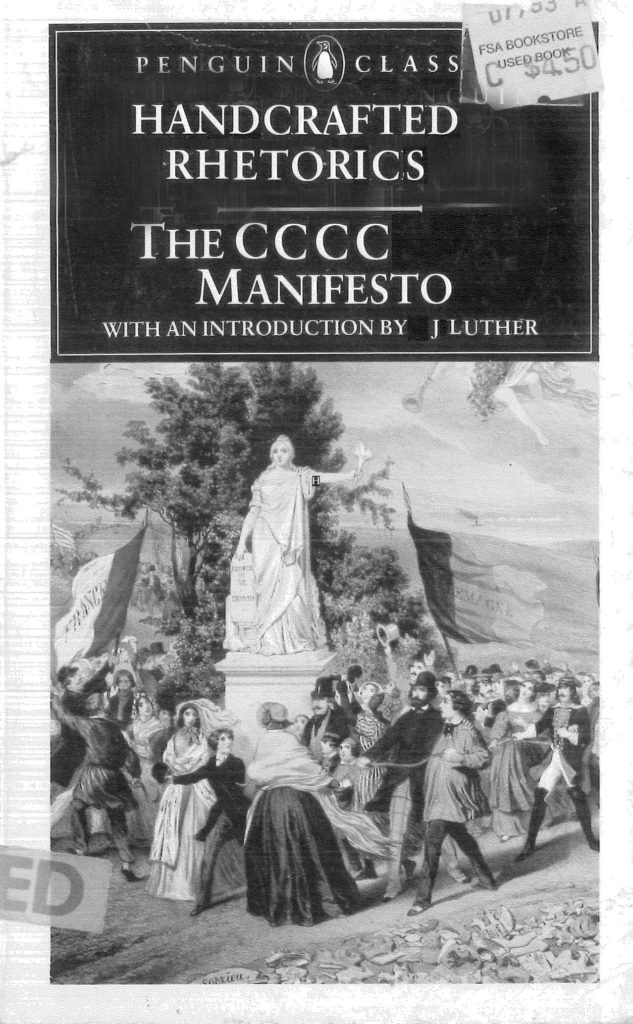We are proud to be launching “Aca(diy)mia: Making Zines, Remaking Worlds” at the 2024 Watson Conference! Project participants will make their own manifesto zines for working “in but not of” (Harney & Moten, 2013, p. 26) universities, and build a community of support among practitioners across all positions and positionalities within higher education. Participants will not only (a) learn how to make zines, but also: (b) discuss how to utilize zines and other DIY (do-it-yourself) modalities in our various roles in academia, (c) reckon together with the violent and exclusionary histories of the university (and our own, specific universities), and (d) build community and solidarity networks to continue to engage in justice work within and beyond the university. Our core question across these four aims is: how can we, as full human beings, engage with the dehumanizing machinery of higher education in ways that are restorative, radical, and just?
Project Deliverable
In keeping with the DIY ethos and participatory politics of zines, the exact deliverable(s) for both the presentation at the end of the conference and in the longer term will be determined through discussion with participants. Over the course of the conference, participants will make practice paper and digital mini-zines, and also work towards larger individual and collaborative zines that can be showcased on the final day. They will learn about zine distribution networks and digital zine archives, and may choose to collaborate on creating one or both of these. If participants are interested, facilitators can support deliverables including scholarly production (for example, collaborating on a special issue of a journal or an edited collection on issues related to zines), student or community zine workshops, or pedagogical output (including developing assignments, activities, etc.) related to zines and other DIY literacy practices.
Beyond the Conference
There will be a number of opportunities for further collaboration, many of which we see as emerging organically from the collaborative nature of the workshop and project space. While we want to collaborate fully with participants on what this might look like, some ideas include an edited collection with enculturation, a project with Kairos, and/or an edited collection through the Handcrafted Rhetorics SIG at CCCC. Pending availability of funding, we would love to follow the DIY Methods model and gather, print, and mail copies of all participants’ zines to one another. Following the lead of Rayner & Pasek (2023) with the DIY Methods conference, we also plan to explore (pending participant interest and consent) creating a digital repository of the zines participants make throughout the workshop. (This could be hosted on the Handcrafted Rhetorics website, an Internet Archive page, H-Commons, or the Watson website.)
Depending on participants’ interest, we also would love to propose this collaboration as the launch of a solidarity network for zine distribution, DIY pedagogy and research collaborative opportunities, and radical care (Johnston et al., 2022, p. 14). While these are just some of our ideas, we also want to embrace the emergences from our hybrid time together and go in the directions participants are excited about, including some that we may not have yet thought of.





